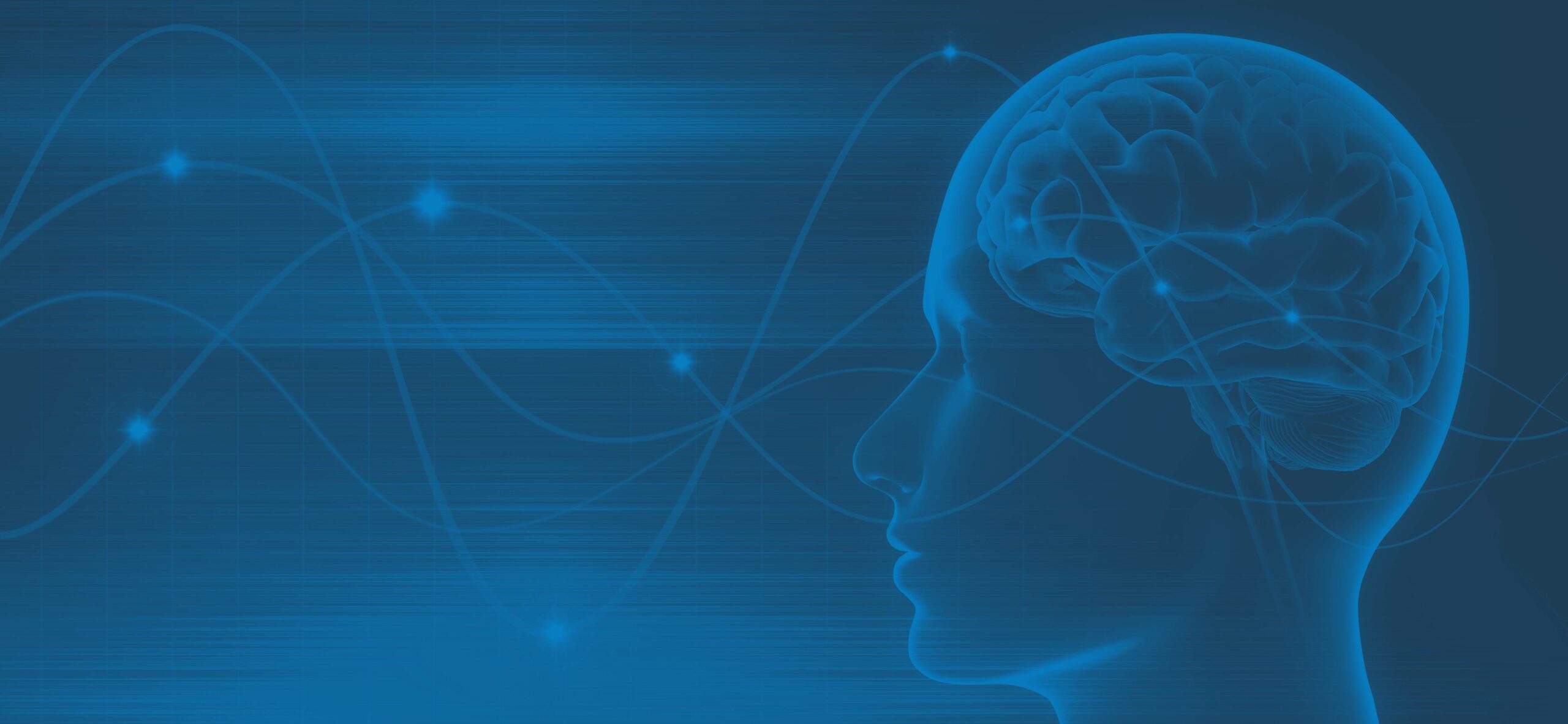August is Neurosurgery Awareness Month, a time to recognize the impact of traumatic brain injuries, appreciate the work of neurosurgeons, and raise awareness for the prevention of head and spinal cord injuries. According to the Centers for Disease Control (CDC), traumatic brain injury is a common cause of death and disability in the US, with roughly 1.5 million Americans experiencing a TBI each year. Of those, 80,000 to 90,000 suffer from a long-term disability due to their injury.
Preventing Head Injuries
According to the American Association of Neurological Surgeons (AANS), 21% of all TBIs among children and adolescents come from recreational activities and sports. Concussions still remain far too common in organized sports. In fact, football accounts for 60% of all concussions in high school sports.
Repeated head injuries can cause a condition called chronic traumatic encephalopathy (CTE), in which nerve cells in the brain start to die. US News and World Report reveals that a recent study on NFL players found CTE in 91% of those studied, which backs up a 2017 report indicating that 99% of NFL players had evidence of CTE, as well as 91% of college football players and 21% of high school football players.
Preventing head injuries isn’t simply about having the right gear, but treating concussions and tough hits with proper respect — reducing gameplay and training, for instance — and instituting medical protocols to assess and treat them in real time.
There are also proactive approaches to preventing head injuries. For example, Dolphins quarterback Tua Tagovailoa has begun learning jiu-jitsu in order to experience safer falls on the football field. Tagovailoa is practicing techniques for changing his body position that will allow him to reduce the impact on his head when he is tackled. While developing muscle memory to react in split seconds may take time, Tagovailoa is poised to extend his career by protecting his head from repeated injuries.
Every Head Injury Is Serious: What to Watch For
While a concussion is a “mild TBI,” there’s nothing mild about its effects. Every head injury is serious, including any type of concussion. To prevent sustained neurological damage, it’s important to know the signs of a TBI:
- Continuous or recurring headache
- Balance issues or difficulty controlling motor functions
- Changes in ability to hear, taste, or see
- Dizziness
- Hypersensitivity to light or sound
- Agitation
- Confusion or feelings of disorientation
- Shortened attention span
- Difficulty following directions or understanding information
- Difficulty expressing words or thoughts, or slurred speech
A person with these symptoms should stop any recreational activities, sports, or training immediately and see a doctor.
Appreciating the Work of Neurosurgeons
Because many neurological injuries occur as a result of blunt force or falls, neurosurgeons are often needed in emergency situations, requiring them to respond quickly and with great focus and precision. Neurological injuries can be complex, sometimes requiring intricate surgeries and long-term rehabilitation. At SpecialtyCare, our IONM teams work to make these complex surgeries safer, providing real-time feedback to neurosurgeons to help reduce the risk of long-term neural injury. If you’re interested in learning more about how our IONM services can assist your hospital in providing high-level care in both scheduled or emergency situations related to neurological conditions, contact us today.

